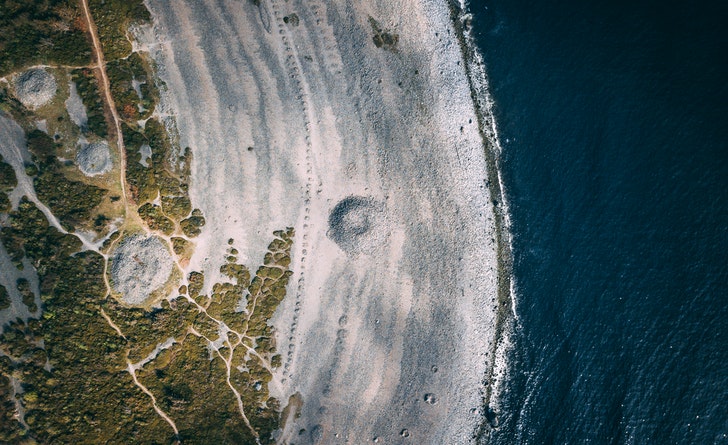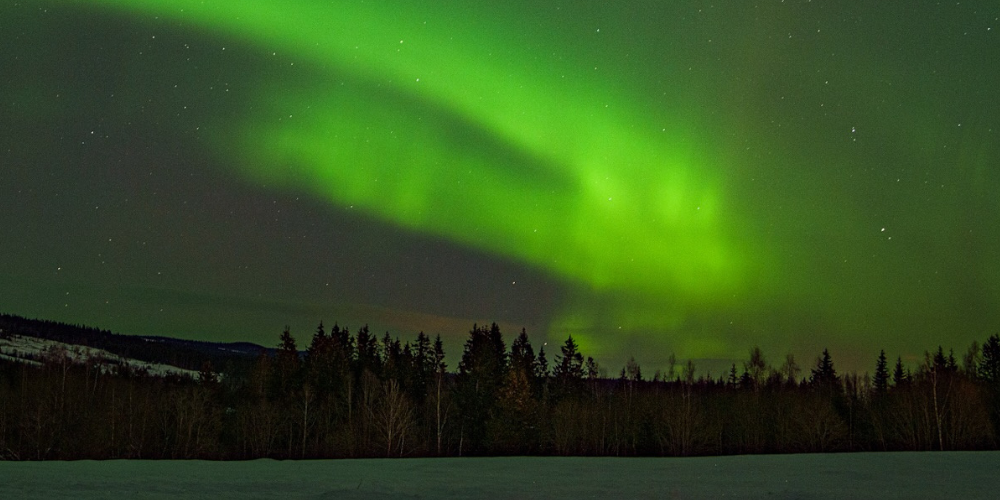If you enjoy studying science, the planet Earth might interest you. You can find various articles, research, and scientific data that claim that the world is approximately 4.45-billion-year-old.
However, this discovery isn’t recent; it was actually estimated in the 1950s and since then, it has never been refuted, despite the advancements in science and technology.
1. History of Earth

Sindre Strom/Pexels | Over time, scientists looked into the Earth’s rate of cooling to get some clues about its age
Humans have always been curious about the Earth’s age for centuries. Aristotle, a Greek philosopher, believed that the world was infinitely old, which means there was nothing that could help determine its actual age.
However, religious scholars of ancient India believed that the universe had exploded and was recreated, which makes it 1.97-billion-year-old. Christian theologians also contributed to this topic by referring to their Bible and found that it is between 5,471 and to 7,519-years-old.
2. The Scientific Breakthrough
At the end of the 19th century, when scientists cracked the code for calculating the world’s age, they realized that the age of the Earth could be estimated by studying radioactive decay, which is called Radiometric Dating.

Kelly L/Pexels | It was the Manhattan Project that led to the development of the atomic bomb used in World War II
It was geochemist Clair C. Patterson who measured the isotopic composition of lead from a Canyon Diablo meteorite and other space rocks. It was deemed special because these rocks were believed to be composed of material that the planet is made of. Patterson then estimated that the world was some 4.5 billion years old.
3. No Big Deal
Despite solving one of the most puzzling questions of all time, Patterson believed that his discovery wasn’t a big deal. He got fame and recognition, sure, but in an interview right before his death in 1995, he lamented that no one had cared about his awe-inspiring discovery.

Edward Jenner/Pexels | It was a pretty big deal
Claire C. Patterson believed that people couldn’t care less about his discovery. However, if he were alive, Patterson would've been overjoyed to see you reading this article (We hope)!





